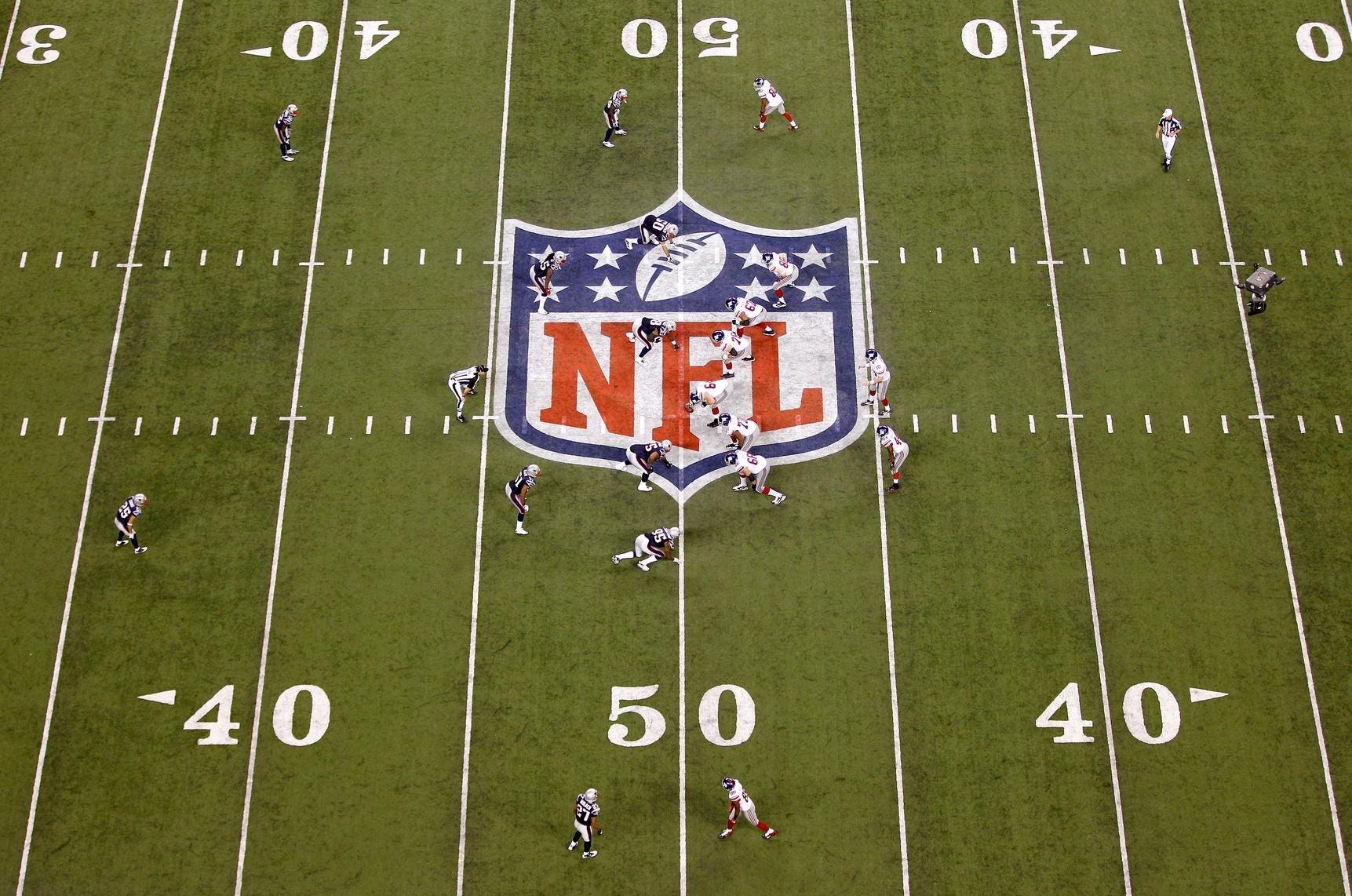
This week, the NFL suspended three more players indefinitely for betting on league games—cornerback Isaiah Rodgers and linebacker Rashod Berry of the Indianapolis Colts, and free agent defensive tackle Demetrius Taylor. With the total count of players suspended this calendar year for betting on NFL games now up to six, this reflects poorly on NFL owners and players alike.
As a matter of labor law, the NFL is firmly within its rights to suspend players for betting on league games. The current NFL collective bargaining agreement includes 69 articles and 29 appendices—the first of which is the standard NFL Player Contract. Paragraph 15 of the NFL Player Contract, which is entitled “Integrity of the Game,” places affirmative obligations on NFL players to avoid engaging in conduct that would result in the “impairment of public confidence in the honest and orderly conduct of NFL games or the integrity and good character of NFL players.” This paragraph specifically empowers the league commissioner, after providing a player with an opportunity for a hearing, “to suspend [a player] for a period certain or indefinitely” if a player “bets on an NFL game.” It is the job of the NFL players union, as well as all player agents, to make sure players are aware of Paragraph 15 of the NFL Player Contract.
At the same time, it is also hard to ignore the reality that the NFL owners are a contributing factor in the rise of NFL players betting (if not being detected for betting) on their own sport. With the NFL in April 2021 announcing that Caesars, DraftKings, and FanDuel would serve as its official sportsbook partners, it is not surprising players are experiencing some level of cognitive dissonance when they are told they are prohibited from betting too. To some players uneducated on the matter, how serious of an infraction could betting on NFL games be if sports betting websites are now league partners?
Furthermore, even for NFL players that understand they should not bet on sports, the entire act of placing a bet on a sporting event today requires no more than a moment’s indiscretion—one they can never take back. Players no longer need to go to a casino or bookie to bet on an NFL team. All they need to do is turn on their cell phones and download one of the many apps that are advertised throughout NFL stadiums.
If NFL owners are serious about stopping their players from betting on NFL games, there is a strong argument the league is not doing enough. It may make sense for NFL teams to collectively bargain for all players to sign up for self-exclusion from all gambling websites and apps for the duration of their time as professional football players. League owners may also reasonably need to scale back their own relationship with the sports betting industry so that NFL players, like their fans, are no longer bombarded with sports betting messaging throughout the stadium.
These additional measures may compromise some of the NFL’s newest, lucrative revenue stream. But as long as the NFL continues to peddle sports gambling to fans, it will not be surprising if at least a few players each year are found to be engaging in the same vice. And, if some players do so, they are only partially the ones to blame.
____________
Marc Edelman ([email protected]) is a Professor of Law at Baruch College’s Zicklin School of Business, Sports Ethics Director of the Robert Zicklin Center on Corporate Integrity, and the founder of Edelman Law. He is the author of “Are Commissioner Suspensions Any Different from Illegal Group Boycotts.”